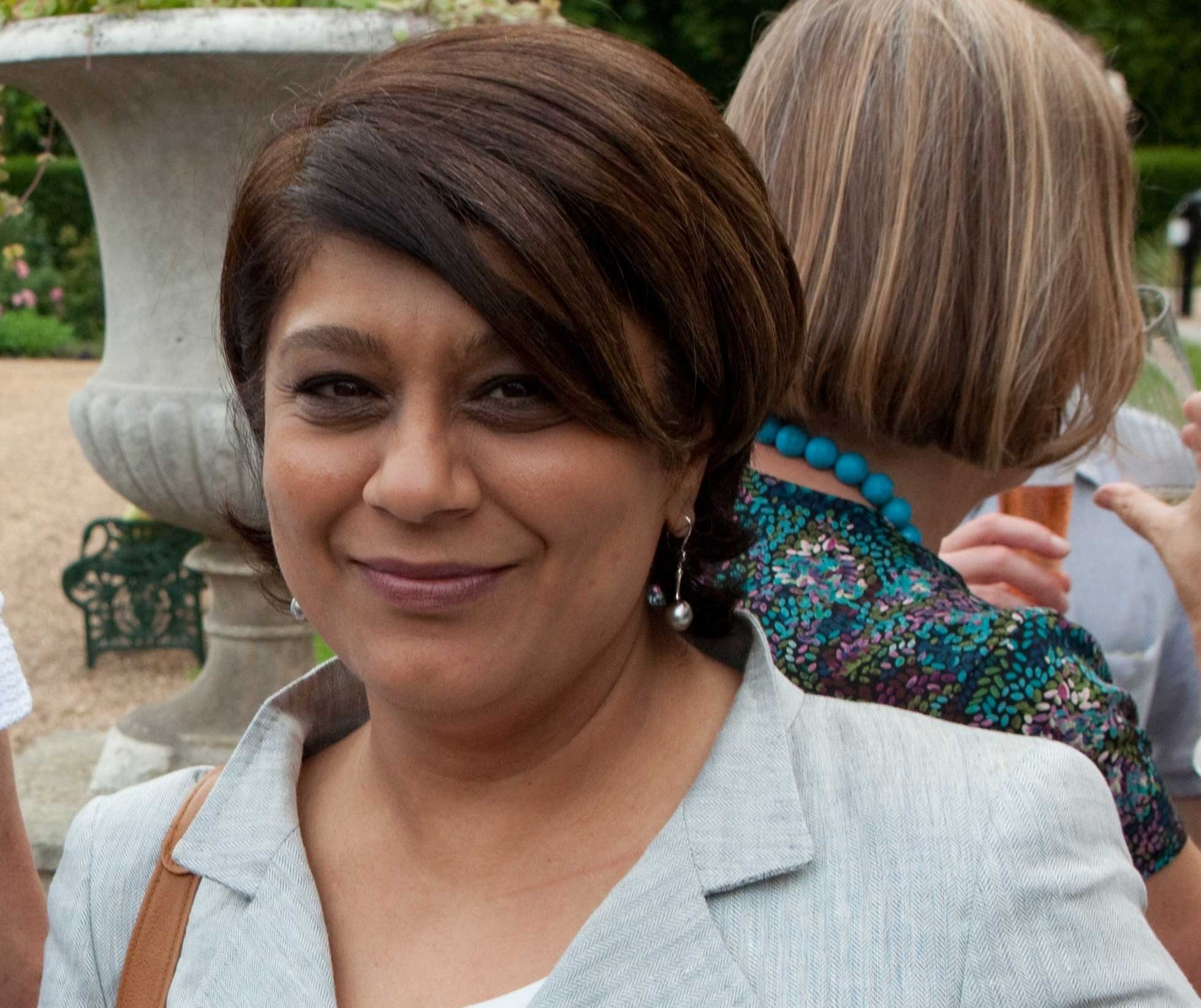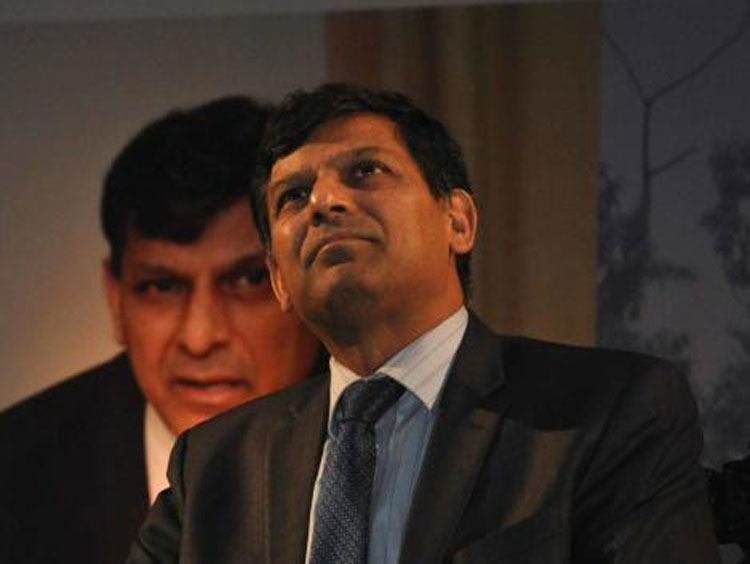Common sense dictates that Raghuram Rajan will not be the next governor of the Bank of England but the authoritative Financial Times reported on Saturday that among the six credible candidates for the job, he is the second favourite to take over from current incumbent, the 54-year-old Canadian Mark Carney.
The appointment will be made by Philip Hammond, the chancellor of the exchequer.
The “The Big Read” weekend spot in the FT is headlined: “Wanted: a new ‘superhero’ at the Bank of England.”
Among the six candidates, another Indian name is being canvased — Shriti Vadera, the chairperson of Santander UK, the British subsidiary of the large Spanish-owned bank. The 56-year-old served as a “no-nonsense” minister under Gordon Brown, the former Labour Prime Minister who sent her to the House of Lords as a “Baroness” — though Shriti, who was born into an Indian family in Uganda, does not like using the title.
But it is the FT’s assessment of the former governor of the Reserve Bank of India that is intriguing.
“Political uncertainty around Brexit will weigh heavily on the selection of Mark Carney’s replacement,” the FT pointed out.
It went on: “After extending his term twice, the Treasury insists this time Mark Carney will definitely stand down at the end of January 2020. Immediate attention has naturally focused on who the government will select in October for the most powerful appointed position in British public life, starting in office in February 2020. As one of the prime positions in central banking, there is no shortage of interest — at least six people are thought to be serious candidates.
“If the bookies are any guide, Andrew Bailey, the chief executive of the Financial Conduct Authority, is the favourite, but his odds are drifting out a little, while Raghuram Rajan, the urbane Chicago economics professor and former governor of the Reserve Bank of India, is running him a close second.”

Shriti Vadera (Wikimedia Commons)
Readers who write in to the FT generally argue their case well.
One called Tim Young explained why 56-year-old Rajan, now a professor at the Booth Business School at Chicago University, would be a better bet than Bailey.
“The difference in character between Raghuram Rajan and Andrew Bailey is exemplified by their attitude to criticism of the US central bank policy during the pre-financial-crisis boom. Rajan was famously critical of the US boom, and by implication the Federal Reserve policy, in a 2005 Jackson Hole speech, at a time the boom was popular. Andrew Bailey, by contrast, where such concerns did exist inside the BoE, adhered to the convention that central banks do not criticise each other in public.
“If he wants a safe pair of hands who will try to steer the BoE clear of controversy, the Chancellor might prefer Andrew Bailey. If the Chancellor wants a more rigorous, questioning figure who might shake up the BoE groupthink, the Chancellor might prefer Raghuram Rajan, especially if, at the time the decision needs to be made, it looks like the Tories might lose the next general election to Labour, in which case, Rajan’s spell at the Reserve Bank of India suggests that he might resist some of Labour’s more fanciful ideas of what the BoE can be mandated to achieve.”
The Daily Telegraph and the Guardian also included Rajan and Vadera last week among the candidates, with the latter stating that the Indian’s stint at the Reserve Bank of India “added to his reputation as a credible, independent-minded economist”.
Rajan has said he is happy where he is. If nothing else, all this speculation will be good for his profile since he has a new book out — The Third Pillar: How Markets and the State Leave the Community Behind.











